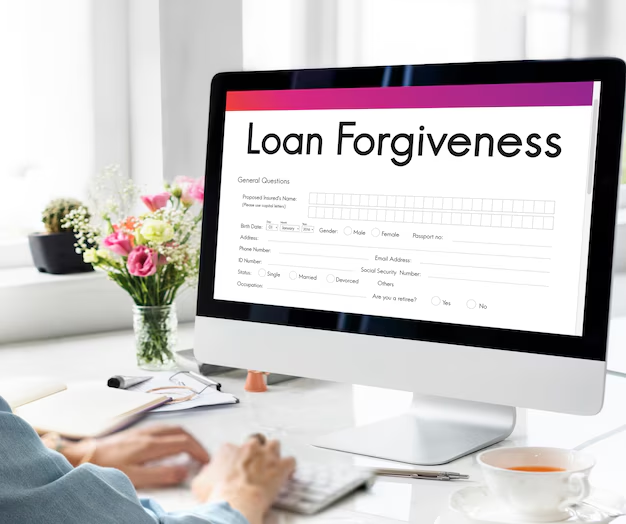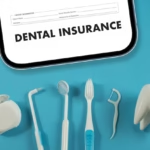EIDL Loan Forgiveness Explained : The Economic Injury Disaster Loan (EIDL) program was a critical lifeline for businesses impacted by the COVID-19 pandemic. This loan, provided by the Small Business Administration (SBA), helped small businesses cover operational expenses during difficult times. However, many business owners are now wondering whether EIDL loans are forgivable and what their repayment options are. This article explores EIDL loan forgiveness, repayment terms, and what businesses should expect moving forward.
Understanding EIDL Loan Forgiveness Explained
Unlike the Paycheck Protection Program (PPP), EIDL loans are generally not forgivable. The SBA designed EIDL as a long-term disaster assistance loan rather than a grant. This means businesses must repay the full amount of the loan according to the terms agreed upon at the time of acceptance.
However, there were some exceptions:
- EIDL Advances: These were small grants that did not require repayment.
- Targeted EIDL Advance and Supplemental Targeted Advance: Businesses that received these advances were not required to repay them, making them effectively forgivable.
EIDL Loan Repayment Terms
For businesses that received an EIDL loan, understanding the repayment structure is crucial. Here are the main points to note:
- Loan Term: Most EIDL loans have a repayment period of 30 years.
- Interest Rate: Fixed interest rates of 3.75% for businesses and 2.75% for nonprofits.
- Deferment Period: Many businesses were granted deferment periods (up to 30 months), but interest continues to accrue.
- No Prepayment Penalty: Businesses can repay their EIDL loans early without additional fees.

Can EIDL Loans Be Forgiven in the Future?
As of now, the SBA has not introduced an official forgiveness program for EIDL loans. However, lawmakers and advocacy groups have discussed potential relief options, especially for businesses struggling with repayment. If any forgiveness policies are introduced, they will likely be announced through the SBA’s official channels.
Steps to Manage Your EIDL Loan Repayment
If you have an EIDL loan, here are steps you should take to stay on top of repayment:
- Check Your Loan Terms: Log in to your SBA loan portal to review repayment schedules.
- Set Up Automatic Payments: Ensure you never miss a payment to avoid penalties.
- Budget Accordingly: Include your monthly loan payments in your business’s financial planning.
- Explore Refinancing Options: If struggling with payments, look into refinancing options or SBA assistance programs.
- Stay Informed: Keep an eye on SBA updates in case new relief programs become available.
Also Read : Loan Comparison Made Easy: Finding The Perfect Fit
Frequently Asked Questions (FAQs)
1. Can I get my EIDL loan forgiven?
No, EIDL loans are not forgivable. However, EIDL advances, including targeted advances, do not require repayment.
2. How long do I have to repay my EIDL loan?
Most EIDL loans have a 30-year repayment term, giving businesses ample time to pay back the loan.
3. When do I need to start making payments?
After the deferment period (which was up to 30 months for COVID-19 EIDL loans), borrowers must start making regular payments. Interest accrues even during the deferment period.
4. What happens if I cannot repay my EIDL loan?
If you fail to repay your EIDL loan, the SBA may take collection actions, including reporting the default to credit agencies, garnishing wages, or seizing assets in case of collateral-backed loans.
5. Are there any new forgiveness programs expected for EIDL loans?
As of now, there are no official EIDL loan forgiveness programs, but businesses should monitor SBA announcements for any potential policy changes.

Conclusion
While EIDL loans were a crucial aid for businesses during the pandemic, they are not forgivable like PPP loans. Business owners must carefully manage their repayment obligations to avoid financial challenges. By staying informed about any future relief programs and managing loan repayments effectively, businesses can navigate this financial responsibility with greater confidence.





